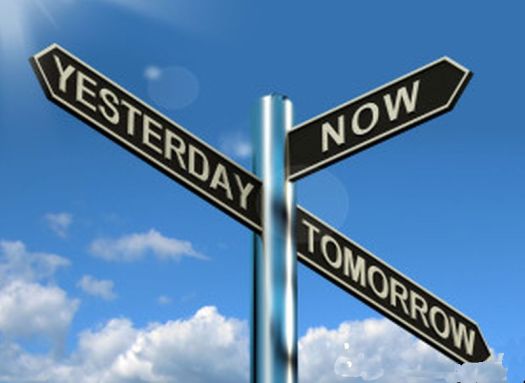
“A leader is a dealer in hope.”
Napoleon Bonaparte
I don’t know about you, but I am not getting any hope from leaders today. I am increasingly troubled by the widening chasm between what true, authentic leadership is and the characteristics we find in in an overwhelming number of folks in positions of authority (I am purposefully avoiding calling them leaders). From the halls of esteemed government institutions to corporate suites the divide between who is actually been served compared with who the commitment to serve is with is teetering on a crisis.
Author and renowned motivational speaker, Brian Tracy, describes the top seven characteristic of great leaders as: vision, courage, integrity, humility, strategic planning, focus, and cooperation. If you take a survey of contemporary leadership in both the public and private sector you might be able to identify a few people holding leadership positions with more than two of these qualities; the majority however, have 2 or less. All we have to do is look at the seemingly never ending quagmire in Washington, DC, where corruption is rampant and the politicians pose and pontificate while accumulating inordinate amounts of wealth. Miraculously these people are able to reach agreement on increasing and securing their own future while completely incapable of overcoming deadlock over national issues. Sadly, the Congress of the United States has become nothing more than, “a den of thieves”. It has to be the most successful, hustle or con, ever played, on such a large group of people. I ask myself, what happened to the courageous investigative journalism that broke stories like “Deep Throat” and “The Iran-Contra Affair”that served to keep public servants honest? Then it becomes a little more clearer-6 companies own 90% of the media in the United States. Who do you think does their legislative bidding? It would go against their self interest if they were to pursue the public’s interest.
“The supreme quality for leadership is unquestionably integrity. Without it no real success is possible, no matter whether it is on a section gang, football field, an army, or in an office.”
Dwight D. Eisenhower
As we slide more and more toward oligopoly and the financial wealth gets hoarded in fewer and fewer hands, the number of corporate criminal cases referred to court systems throughout the United States has increased. While these cost continue to borne by the tax payer-these same corporations, don’t even assume any of the burden through securing (you guessed it), tax breaks, legislatively. While politicians are “tough”on “street” level criminals, they turn a blind eye to corporate crime and criminals whose affects are far reaching; and we don’t have to look to far to come up with examples. Who has been sentenced as a result of the fraudulent actions of scores of persons within the financial world that caused the financial crisis of 2007-2008? Corporations face criminal charges from environmental, antitrust, fraud, financial crimes and tax evasion. Who is at the helm of these organizations when charged with crimes? Where are they when these crimes are charged? I wonder what it would be like, if and executive “leader” were to publicly take responsibility for actions committed by the corporation under his watch rather than hiring slick attorneys and public relations firms to shift blame, find some legal technicality and avoid ownership.
Are these political and business “leaders” so deluded that their example isn’t being learned by future leaders? Do they fail to understand or do they simply not care that the lack of character being displayed is a cancer that is eating away at the very fabric of our society. The disconnection, the division, the divisiveness, and the never ending self-promotion are at the core of what is wrong with leadership today. The disconnect reflected in how their decisions and actions impacts other human beings-mothers, fathers, sons, and daughters, who have dreams too. It appears that they fail to truly grasp the concept expressed by John Maxwell that, ” All leadership is influence. Nothing more, nothing less.”
In the end, leadership has a people problem; we all have a part in its correction. By trade and passion, I am a “hope dealer” and believe that that we still have a chance to teeter ourselves from crisis. For example, I am heartened by the work of people like Daniel Goleman and Bill George with the concepts of emotional intelligence and authentic leadership. Tangible action, is the next step. I long for the principled-centered leaders to do what is right no matter what. I challenge my peers in the world of leadership development to hold clients accountable and integrate values based, character building, people connecting themes in their work.
In my own life and work of helping others discover and pursue their passions, I find that maintaining a high value on relationships creates an opportunity to navigate the complicated organizational dynamics that sometimes ignore the people side of what we do; and frankly, people and relationships, are what we really do.

Helping your find synergistic solutions for your life and business.


